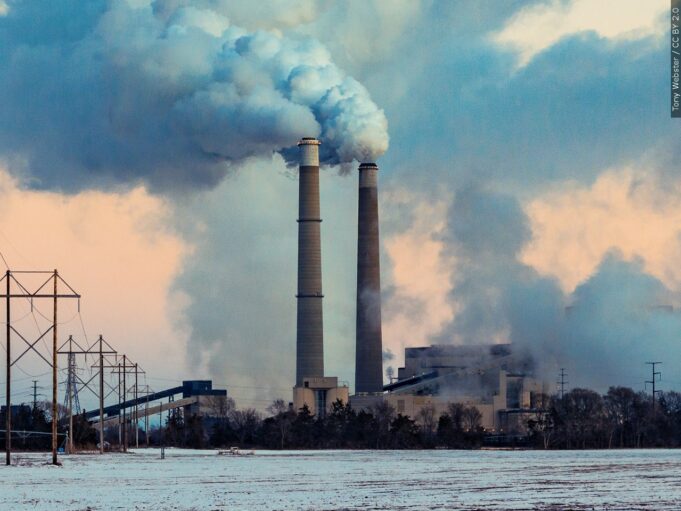Elizabeth Yeampierre was born and raised in “environmental justice communities,” or communities that experience disproportionate environmental harms and risks. The California Environmental Justice Alliance defines those communities as “neighborhoods surrounded by freeways and industrial facilities, small towns without clean drinking water or sidewalks and excluded from public investments. Cities with (the) nation’s largest refineries, where residents living next door are exposed to more pollution than others who live miles away.”
It was when Ms. Yeampierre, who is Puerto Rican of African and Indigenous ancestry, became a civil rights lawyer that she started to get complaints by people in her neighborhood about highway expansions, lead paint and diseases such as asthma and upper respiratory infection.
“The people in the community were saying, ‘Hey, this is happening to me. They’re gonna expand the highway. I have to get up in the middle of the night to see if my kids can breathe,’” she recounted to The Final Call. “And so it was clear to me then and now that if we couldn’t breathe, we couldn’t even fight; we couldn’t fight for justice.”
Ms. Yeampierre has now been in the environmental justice field for over 25 years. She is the executive director of UPROSE, a Latino, community-based organization promoting sustainability and resiliency in Brooklyn, New York’s Sunset Park neighborhood.
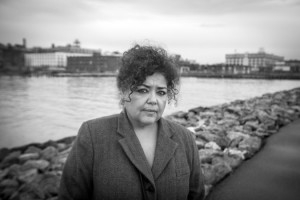
Environmental justice advocates in New York have been fighting against “peaker plants,” that is, power plants that use natural gas as an energy source and are turned on when there is a high demand for electricity. The plants are known to contribute to high rates of asthma, heart disease and cancer. Ms. Yeampierre said there have been recent decisions that the plants are going to be decommissioned, but other communities across the United States may not be as fortunate when it comes to the actions of oil and gas giants. And those communities that bear the brunt just happen to be majority Black, Brown and Indigenous.
The “dirty discrimination” of oil and gas giants
A new report titled “Dirty Discrimination: Big Oil’s History of Environmental Racism” details how big oil and gas companies have harmed and continue to harm Black, Brown and Indigenous communities disproportionately.
The report, published by Accountable.US, a nonpartisan watchdog exposing corruption, cites a 2017 NAACP study stating, “African-Americans face a disproportionate risk of health problems from pollution caused by the oil and gas industry, and the situation could worsen as President Donald Trump dismantles environmental regulations.”
It took two days for the American Petroleum Institute, a national trade association for the oil and natural gas industry, to respond to the NAACP’s study.
“The health of African American communities is a genuine cause for concern in our country. But attacking our industry is the wrong approach and detracts from the real work that should be done to reduce disparately high rates of disease among African Americans,” published one of the institute’s scientific advisers.
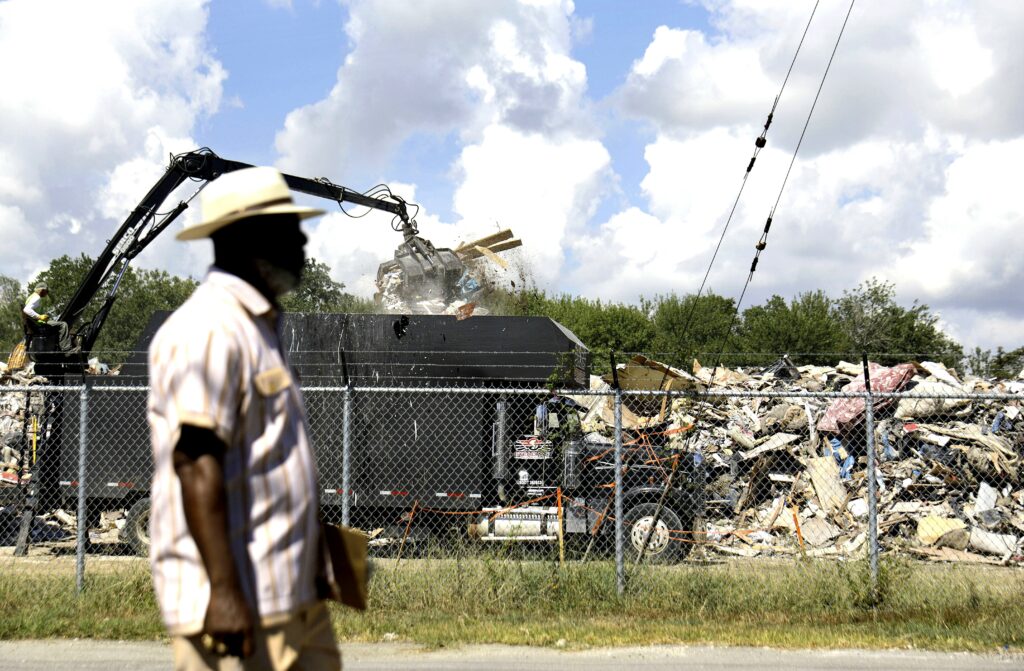
“… scholarly research attributes those health disparities to other factors that have nothing to do with natural gas and oil operations—such as genetics, indoor allergens and unequal access to preventative care,” the adviser wrote.
Ms. Yeampierre expressed that it’s important for people to understand the “relationship between their poor health and the fact that they’re living in the middle of waste transfer stations, power plants and other facilities that expose them to toxicity on a daily basis.”
“Sometimes people don’t even realize, why is it that everybody in my family has asthma? They think it’s hereditary. People try to figure it out. And they don’t know, ‘Hey, I live literally a block away from a power plant, and it’s dropping tons of co-pollutants on me every single day,’” she said.
More studies and evidence have been released in recent years on the negative reality of environmental racism against Black, Brown and Indigenous communities.
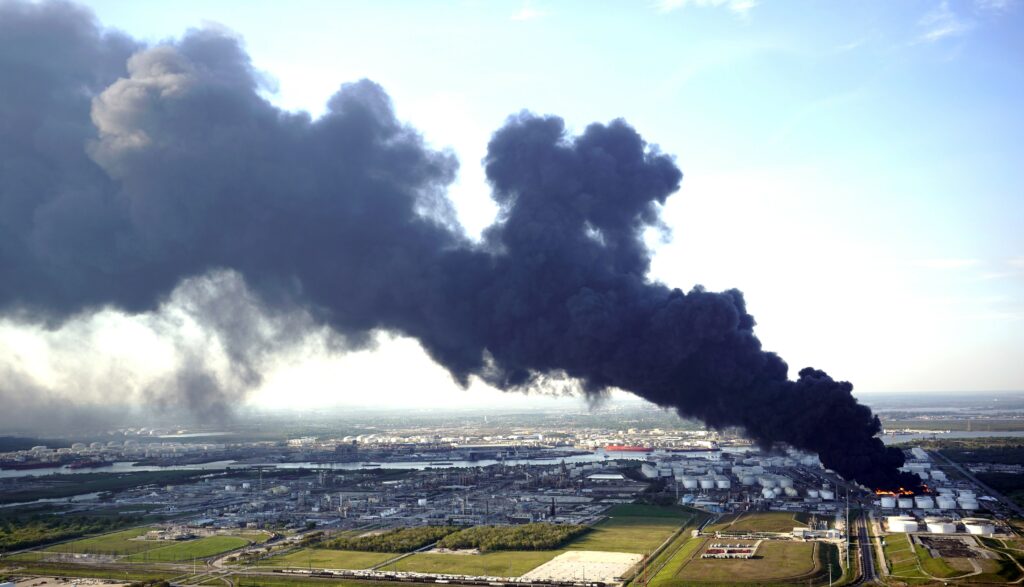
A 2018 study by the Environmental Protection Agency found that “Black Americans are subjected to higher levels of air pollution than White Americans regardless of their wealth.” The researchers identified fossil fuels as the source of pollutants, and the fossil fuels coincided with lung disease, heart disease and premature death in Black people, according to the report by accountable.us.
The Guardian revealed documents in 2021 providing evidence that “the oil industry knew at least 50 years ago that air pollution from burning fossil fuels posed serious risks to human health, only to spend decades aggressively lobbying against clean air regulations.”
Analysis of data from researchers at the Political Economy Research Institute by the organization Greenpeace showed that about 56 percent of health-harming air emissions from oil refineries land hardest on people of color, and for facilities that manufacture petrochemicals, 66 percent of the local pollution is borne by Black, Brown and Indigenous people.
Ms. Yeampierre noted testimonies of Black and Indigenous communities living downwind from radioactive waste or surrounded by petrochemical industries.
“They could tell you what their experience has been and how the co-pollutants, which is what we call the emissions coming out of these fossil fuel companies, land in the soil. They land in the air. They’re literally in the water. They’re literally everywhere people live, work and play, and pray,” she said. “That’s the reality for Indigenous people. That’s the reality for Black people. And it doesn’t even matter whether or not a community is a middle-class Black community because of redlining. Chances are that if you’re Black, you’re living next to these environmental burdens.”

The harmful chemicals caused by oil and gas giants are also linked to increased COVID-19 mortality. A paper by American University researchers found that counties with more industrial facilities saw higher concentrations of pollution. Those counties had a 19 percent increase in COVID-19 deaths, and policy-induced increases of pollution were associated with a 39 percent increase in COVID-19 cases.
“We knew—when I say we, I’m talking about the environmental justice, climate justice movement—we knew when COVID happened that it was going to affect our communities. And we knew that because it’s our communities who have a legacy of harm and poor public health, poor health care, and also, we’re the ones with asthma, upper respiratory disease,” Ms. Yeampierre said. “The health disparities exist in our communities because of a legacy of environmental racism. So we knew that our communities would be the most susceptible to COVID, and we knew that it was going to be people in our communities who would die because of COVID.”
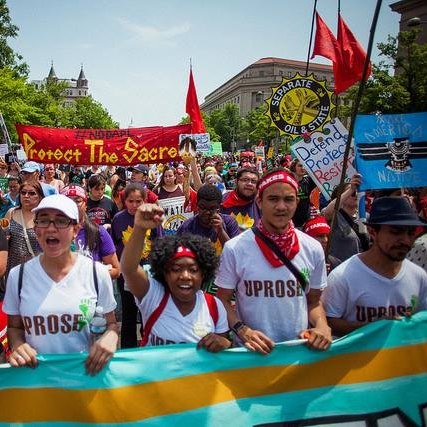
According to the Accountable.US report, recent projects by big oil and gas companies include: a pipeline through a Black neighborhood in Memphis, Tenn., that was fought against and prevented by residents and activists; a pipeline that interfered with Native American treaty rights and was described by advisors as a “war on Black and Brown people”; and a project by ConocoPhillips, a crude oil producer, threatening the Native village of Nuiqsut in Alaska, that already endured oil and gas pollution in schools and homes.
Current refineries in Richmond and Wilmington, Calif., coincide with disproportionate cancer, asthma, and death rates. A refinery in Beaumont, Texas, “dumped hundreds of thousands of pounds of pollutants on a nearby town that is 95 percent Black.” A refinery in Port Arthur, Texas, “has worsened the health of the area’s disproportionately Black residents while taking in major tax breaks.”
“Wilmington is 95 percent people of color with five oil refineries surrounding it, with a major urban oil field and with major port operations that bring harmful diesel truck emissions through the community,” said Alicia Rivera, a community organizer in Wilmington, in an email to The Final Call. “This community of color is extremely impacted by the oil industry and the fuels that the industry produces for cars and trucks. Community members often report being affected by high levels of impacts including high levels of asthma, cancer and many others.”
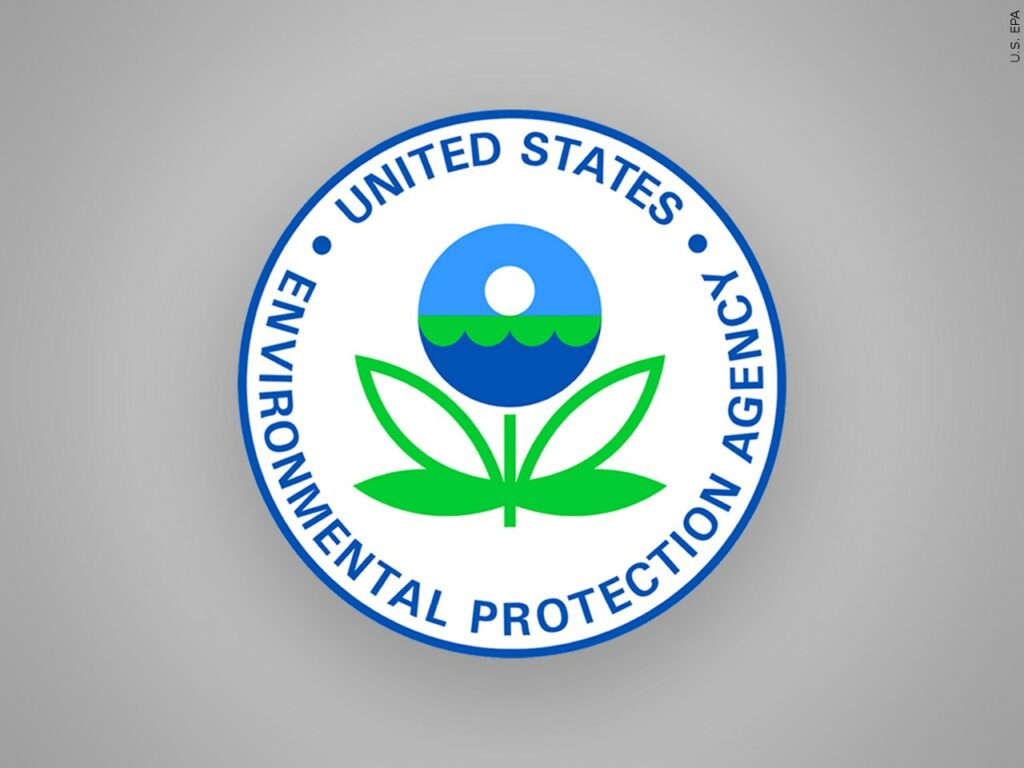
Ms. Rivera is a part of Communities for a Better Environment. She noted that Wilmington and Richmond are majority Latino, Black and other people of color. “And in Southeast LA and East Oakland, these communities are heavily impacted by fossil fuel transportation emissions. All these communities have high levels of asthma and other health impacts,” she stated.
The costs of oil and gas giants
On June 30, the Supreme Court ruled that the Environmental Protection Agency does not have the authority to regulate power plant emissions, a decision that will further harm Black, Brown and Indigenous communities, advocates say.
“The way that I process what the oil companies are doing and what the Supreme Court just did, and how the federal government isn’t engaged, is an act of violence on people of African and Indigenous ancestry and Black and Brown people. Because literally you’ve got these oil companies that have the opportunity right now to develop the kinds of technology that moves them away from the extractive economy to a renewable economy, what we call a just transition,” Ms. Yeampierre said.

She expressed that the highest court in the land has taken away “our right to breathe” and “our ability to protect our children and our elders.”
“All the work that they have been doing to make sure that they continue to make money while harming frontline communities and putting the planet in harm’s way is being supported by the Supreme Court and by the federal government by not being as aggressive as it needs to be to protect our lives,” she said.
According to an article titled “How the Oil and Gas Industry Works” by Investopedia, the oil and gas industry generates an estimate of $5 trillion in global revenue. The industry consists of the companies that drill for and extract raw material, the companies that transport raw materials to refineries and the actual refineries. U.S. taxpayer dollars fund fossil fuel subsidies.
A May 2022 article by the Center for American Progress states that the top five oil companies alone brought in 200 percent more in profits during the first quarter of 2022 than in the first quarter of 2021. They made more than $35 billion in just three months.
Research estimates the global negative costs associated with fossil fuel use, including adverse environmental, climate and public health impacts, to be from $3 trillion to $5 trillion. Research from Greenpeace shows that in the United States alone, air pollution from burning fossil fuels is linked to an estimated 230,000 deaths and $600 billion in economic losses annually.
Within the environmental justice movement, Ms. Yeampierre said they are pushing for infrastructure that will make it possible to move to a renewable economy. She stated that they’ve had a lot of victories locally, but the fossil fuel company there is moving aggressively to stop them from winning.
“There’s technology that can replace this polluting infrastructure, and there are things that can happen even locally in communities so that people have access to clean water, clean air and renewable energy,” she said.
As a longtime advocate for Black, Brown and Indigenous communities, the Honorable Minister Louis Farrakhan of the Nation of Islam has spoken on the actions of White people who he says has messed up the world and messed up America.
“Yes, they have built up this great country with its beautiful cities and fine roads, but they killed the environment. They are killing the Earth, they are killing the atmosphere. They poisoned the water, they poisoned the Earth and the air, and now they are dying from their own hands, their own rebellion,” he said in a lecture titled “‘Death’: The Rider of The Pale Horse.”
But, “Master Fard Muhammad has unlimited power to heal, to regenerate the Earth, and purify it from the stench of the wicked who have poisoned the Earth, the atmosphere, the water, and poisoned the very hearts and minds of the human family,” he said in a message titled “God Will Send Saviours,” referring to God in Person, founder of the Nation of Islam and teacher of the Most Honorable Elijah Muhammad, Master Fard Muhammad, who will set down all tyrants and establish justice in the earth.












